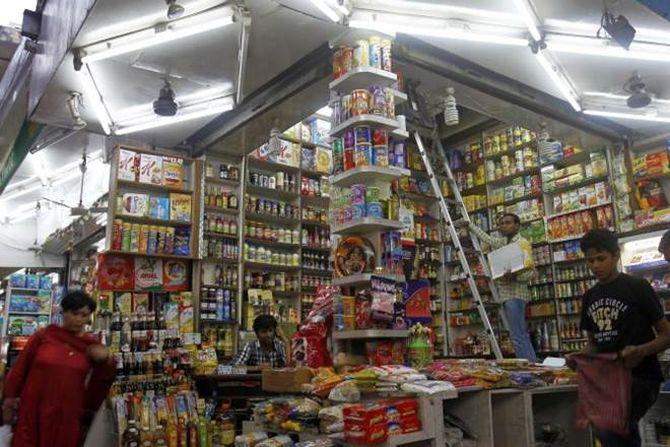The first to see price hikes will be soaps. In the past six months, domestic palm oil prices have increased by 46 per cent. Palm oil is a key input going into soaps.

A slow-moving consumer goods market will have to contend with price hikes in the next few months as input cost pressures steadily increase.
The first to see price hikes will be soaps, say executives at Godrej Consumer (GCPL) and Hindustan Unilever (HUL), two of the country’s top soap makers.
Sunil Kataria, GCPL’s chief executive officer for India and SAARC regions, said on Thursday the firm had taken a 5 per cent price hike in soaps recently and will look at more in the coming months.
“Inflationary pressures have been high within soaps,” he said.
“One round of price hikes has just happened. Further price hikes will be done, but we will take a calibrated approach to it.”
Last week, Srinivas Pathak, HUL’s chief financial officer, said a 5-6 per cent price hike in soaps would be undertaken by March to mitigate input cost pressures.
In the past six months, domestic palm oil prices have increased by 46 per cent. Palm oil is a key input going into soaps.
While crude oil prices have eased in the past one month by 20 per cent, it still hasn’t brought much relief, Pathak said.
“Commodities and currency remain volatile. They are the key factors to watch out for at a time when market growth is sluggish.”
On Thursday, the central bank raised its retail inflation projection for the January-March 2020 period to 6.5 per cent amid volatility in the price of crude, milk and pulses.
It also said the overall outlook on price rise remained ‘highly uncertain’ in the months ahead, saying that consumers would have to deal with inflated product prices as a result.
Already, the fast-moving consumer goods (FMCG) market has been grappling with its slowest growth in six quarters for the October-December 2019 period, touching 6.6 per cent only.
In July-September 2018, the FMCG market had seen its highest growth rate of 16.2 per cent, implying that sentiment remains weak, experts say.
While Nielsen as well as ratings agency CRISIL had indicated that there would be a rebound in FMCG market growth rates going ahead, company executives remain sceptical.
“There are structural demand issues and a recovery will show up with a lag, starting with urban and then rural areas,” Kataria says.
According to Nielsen, rural growth rates slipped to 5.2 per cent in the December quarter from 18 per cent a year ago.
Urban growth rates were also falling, it says, touching 7.4 per cent in the December quarter versus 14 per cent a year ago.
Photograph: PTI Photo












 © 2025
© 2025